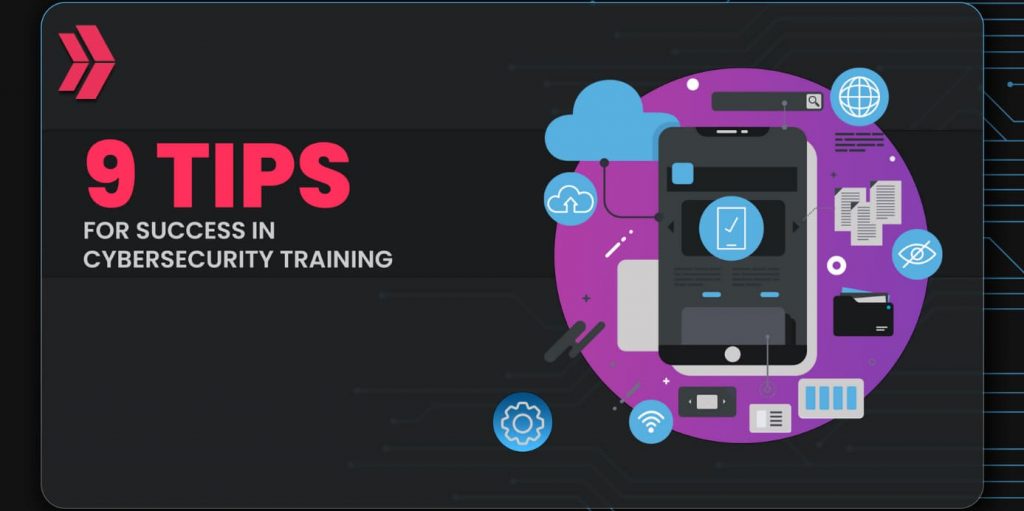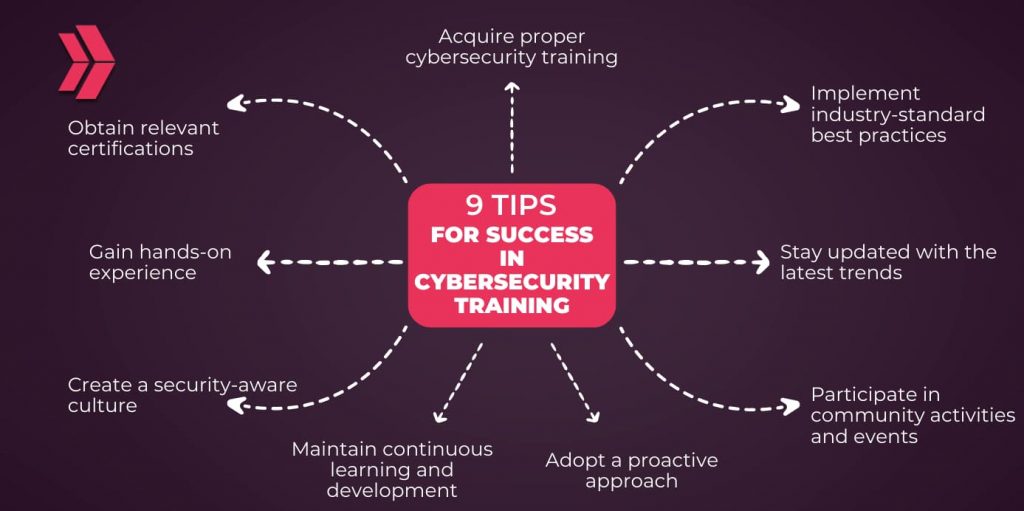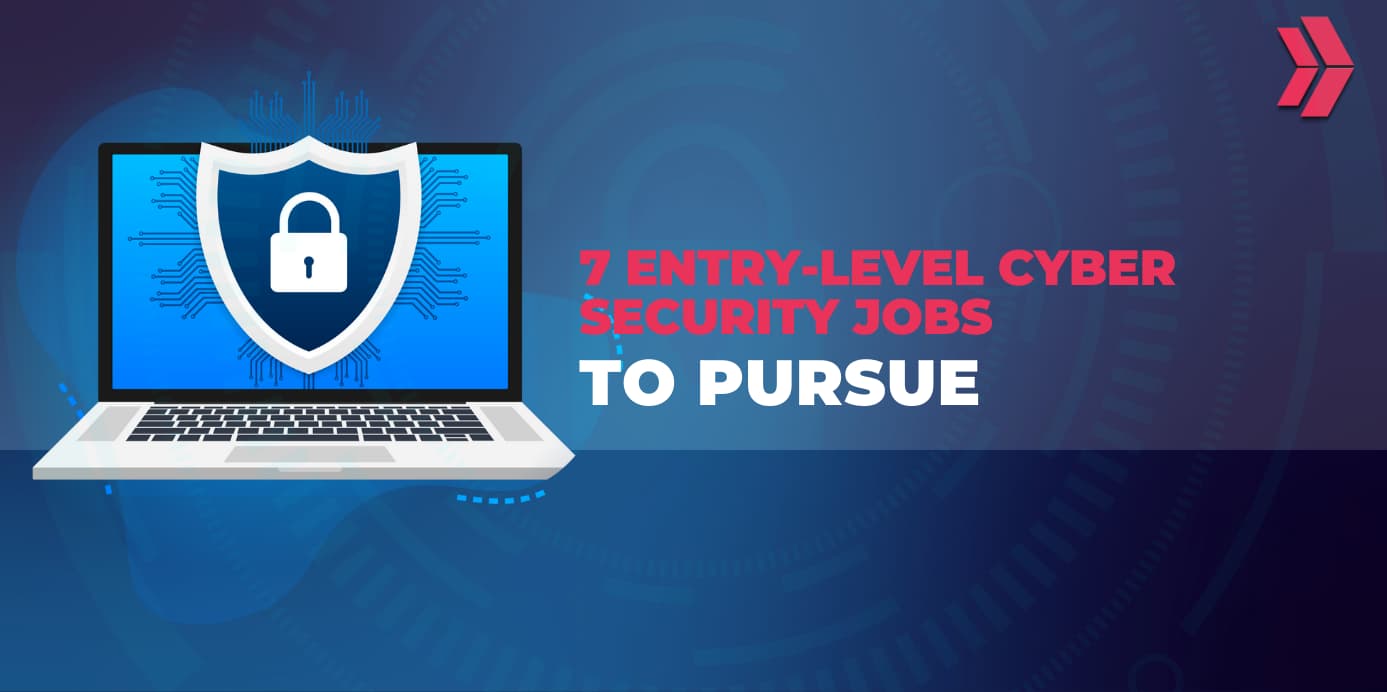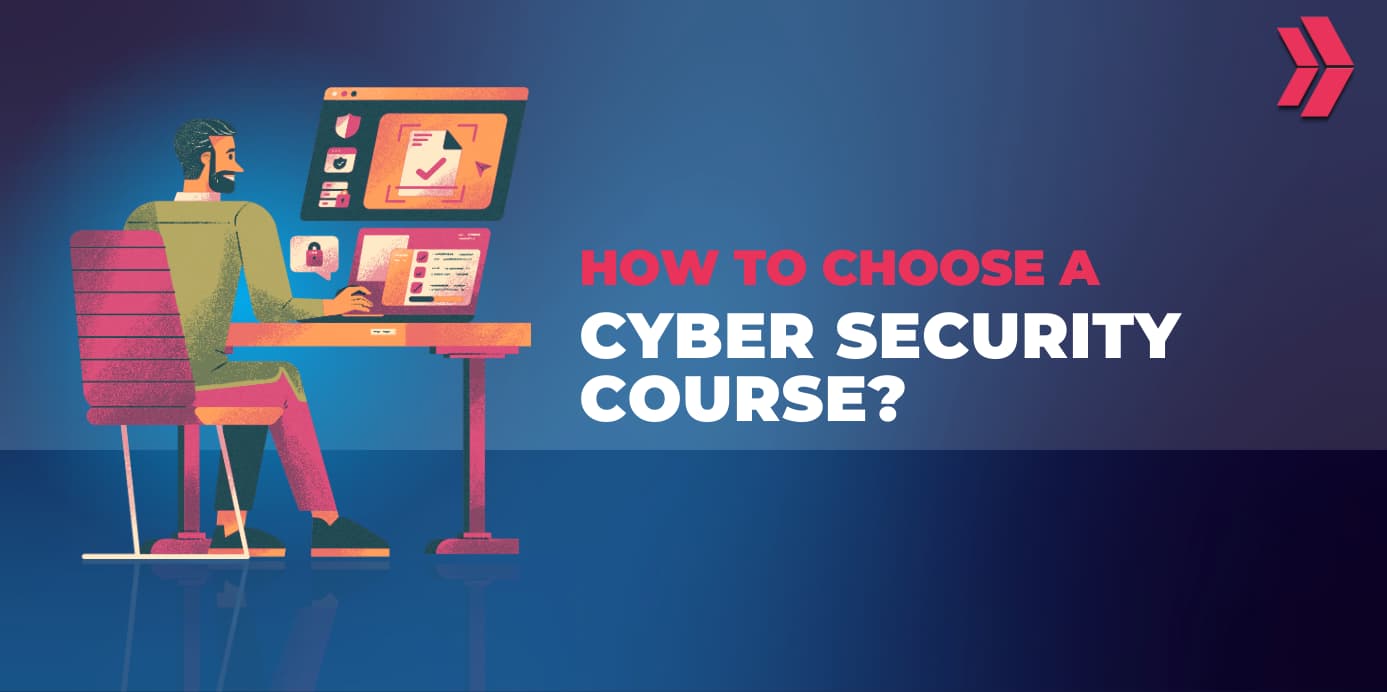As cyber threats continue to evolve at an alarming rate, the cost of cybercrime is expected to surge and reach US$ 10.5 trillion annually by 2025, according to Cybersecurity Ventures. These statistics highlight the urgent need to understand and prioritize cybersecurity training to ensure digital safety and enhance cybersecurity posture against cyber attacks.
Cybersecurity training should be tailored to meet specific needs and regularly updated to keep up with the latest trends. In this regard, a cybersecurity bootcamp is an effective way to participate in cybersecurity training. When complemented with globally recognized cybersecurity certifications and hands-on experience, it can significantly enhance credibility and competence. In addition, continuous learning and proactive approaches prepare individuals to stay ahead of the cyber threat landscape.
Learning cybersecurity strengthens professional expertise and helps individuals launch a rewarding cybersecurity career, even without prior knowledge or experience. In this blog post, we’ll explore 9 tips for success in cybersecurity training that will set you on the path to achieving great results. These tips aren’t just theoretical best practices; they are actionable strategies that have been proven effective in the real world. So, let’s dive in and discover how you can optimize your learning experience and emerge as a skilled cybersecurity professional.

What are 9 Tips for Success in Cybersecurity Training?
The following 9 tips are essential in ensuring successful cybersecurity training:
- Acquire proper cybersecurity training.
- Obtain relevant certifications.
- Gain hands-on experience.
- Create a security-aware culture.
- Implement industry-standard best practices.
- Stay updated with the latest trends.
- Participate in community activities and events.
- Maintain continuous learning and development.
- Adopt a proactive approach.

1. Acquire Proper Cybersecurity Training
Proper cybersecurity training is critical to safeguard against evolving cyber threats in today’s digital landscape. Training programs, such as traditional college degrees, bootcamps, or online courses, offer targeted education about potential risks, possible outcomes, and ways to mitigate cyber threats.
Incorporating practical and real-world scenarios into educational programs enhances comprehension and maximizes engagement. Interactive teaching methodologies facilitate efficient knowledge retention and improve learner involvement. It is crucial to keep the training content up-to-date with emerging threats by revising it regularly.
2. Obtain Relevant Certifications
Obtaining relevant certifications is essential for professionals who aim to advance their careers. Cybersecurity certifications validate individuals’ expertise, enhance their credibility, and demonstrate their dedication to staying up-to-date with the latest advancements. Certifications are classified into distinct difficulty levels and specific areas, allowing candidates to choose based on their level of proficiency and professional ambitions.
Moreover, obtaining cybersecurity certifications increases the value of professionals and helps them stand out from the competition. In the hiring process, 81% of employers prioritize certified professionals, according to the Fortinet 2022 Cybersecurity Skills Gap Global Research Report.
3. Gain Hands-on Experience
Hands-on experience refers to the practical application of theoretical knowledge, which helps acquire skills that contribute to professional growth. Hands-on skills ensure active engagement and are highly valued by employers during recruitment. While certifications are necessary, employers hire candidates with practical skills over those with theoretical knowledge.
Practical experience offers significant advantages, such as reinforcing knowledge and skills, promoting engagement, inspiring creativity and innovation, and preparing individuals for their careers. Hands-on learning allows individuals to apply theoretical concepts to real-world problems, improving their cognitive abilities and problem-solving skills.
4. Create a Security-aware Culture
A security-aware culture empowers employees, establishes shared responsibility, and prevents potential security incidents. Organizations avoid security breaches and promote a safer working environment by equipping employees with the necessary skills and knowledge to tackle security challenges.
Creating a security-conscious culture better withstands cyber threats. Establishing a culture that prioritizes security in the workplace is essential for several reasons, including preventing or minimizing the impact of cyber attacks, safeguarding data, implementing best practices, and reminding all team members of their responsibility to maintain a secure environment.
5. Implement Industry-standard Best Practices
A cybersecurity best practice refers to a standardized set of guidelines that enhance the overall efficiency of an organization’s cybersecurity measures. Implementing industry-standard best practices protects sensitive information, networks, and systems against cyber threats.
Robust cybersecurity best practices are critical to preserving data integrity, maintaining business operations, mitigating risks, managing costs, preventing financial and reputational damages, and adhering to regulatory compliance. Organizations can successfully shield themselves from cyber threats by adopting and implementing effective cybersecurity best practices.
6. Stay Updated with the Latest Trends
The threat landscape continuously evolves, and attackers use more sophisticated and advanced techniques to breach defenses. Organizations should remain alert to emerging threat types and vectors to safeguard intellectual property and other digital assets. Staying up-to-date with the latest trends and threat management techniques is crucial to avoid devastating consequences.
Professionals should keep up with the latest trends and threat management techniques to prevent cyber attacks and maintain effective defense mechanisms. They should also leverage technological advancements, adopt best practices, and comply with regulations to bolster cybersecurity efforts.
7. Participate in Community Activities and Events
Community engagement is a vital component of professional growth and development. Participating in community activities, such as forums, events, and conferences, offers an excellent opportunity to acquire new skills and enhance personal knowledge. Additionally, participants develop social connections that serve as a valuable springboard for career advancement. Also, community participation facilitates the exchange of ideas and best practices, leading to innovative solutions to complex challenges.
Moreover, information-sharing platforms facilitate the exchange of valuable knowledge and insights among individuals and organizations. These platforms enable the tracking of the latest trends and foster the sharing of critical information that could be helpful to others. With a vast network of resources and experts, participants stay ahead of cyber threats.
8. Maintain Continuous Learning and Development
Continuous learning is an ongoing process that enables individuals and organizations to advance, innovate, and expand their capabilities. It involves actively pursuing new skills and knowledge to remain current and competitive in the ever-changing cybersecurity landscape. Professionals must embrace lifelong learning to enhance their skills, expertise, and knowledge in the field.
Maintaining continuous learning and development in cybersecurity is also essential for staying ahead of evolving threats, developing new skills, complying with laws and regulations, adapting to technological advancements, and satisfying the needs of emerging threats.
9. Adopt a Proactive Approach
The proactive security approach involves implementing active measures to prevent attacks and identifying vulnerabilities before any incident or breach occurs. This approach preemptively mitigates potential threats and minimizes the impact of security incidents. By adopting a proactive stance, organizations handle security challenges easily and enhance their overall security posture.
Effective cybersecurity protection requires a proactive approach that involves identifying and mitigating potential threats, managing vulnerabilities, and aligning security efforts with detailed planning. Professionals should prioritize assets and determine security measures to ensure their safety and integrity.
In summary, there are 9 key recommendations for achieving success in cybersecurity training: acquiring competent training, obtaining relevant certifications, gaining practical experience, establishing security awareness, implementing best practices, participating in security events, and adopting proactive measures to detect and prevent cyber threats. By following these recommendations, individuals can become highly sought-after cybersecurity professionals and launch a rewarding cybersecurity career even from scratch.
FAQ about Cyber Security Training
Here are the most common questions about cybersecurity training.
What are the different types of cybersecurity training available?
3 methods of cybersecurity training are available: obtaining a college degree, participating in bootcamps, or enrolling in online courses. Each type of education has advantages and disadvantages, and the best option depends on an individual’s learning style, objectives, and preferences. However, there has been a recent surge in the popularity of cybersecurity bootcamps.
How do I choose the right cybersecurity training for me?
When choosing the right cybersecurity training, individuals should consider the following 5 vital factors: First, ensure the training covers related cybersecurity topics. Second, make sure that the learning methods and techniques you choose align with your preferences. Third, evaluate the course expenses and weigh them against the knowledge gained. Fourth, select a course that offers globally recognized certifications. Fifth, prioritize the availability of mentoring or one-on-one support for enhanced learning experiences.
What are some of the most popular cybersecurity certifications?
Cybersecurity certifications are crucial for career advancement. Here, we have compiled a brief list of the most sought-after cybersecurity certifications, including:
- CompTIA Security+
- Certified Information Systems Security Professional (CISSP)
- GIAC Security Essentials Certification (GSEC)
- Systems Security Certified Practitioner (SSCP)
- Certified Ethical Hacker (CEH)
- CompTIA Advanced Security Practitioner (CASP+)
- GIAC Certified Incident Handler (GCIH)
- Certified Information Systems Auditor (CISA)
- Certified Information Security Manager (CISM)
- Offensive Security Certified Professional (OSCP)
What are some of the most in-demand cybersecurity jobs?
The cybersecurity industry offers considerable job opportunities at different levels. The need for cybersecurity professionals is increasing, leading to a high demand for cybersecurity jobs.
The most sought-after cybersecurity jobs include cybersecurity analysts, penetration testers, forensic analysts, cloud specialists, threat hunters, security engineers/architects, and management roles.
How to launch a rewarding cybersecurity career from scratch?
The field of cybersecurity presents a rewarding career for individuals starting from scratch. Numerous cybersecurity career path options are available for aspiring professionals, even without prior experience. However, a solid educational foundation and relevant certifications are crucial to excel in this field. Employers also value hands-on experience, which demonstrates the practical application of theoretical knowledge. Moreover, building a professional network can be an effective way of launching a job quickly.




